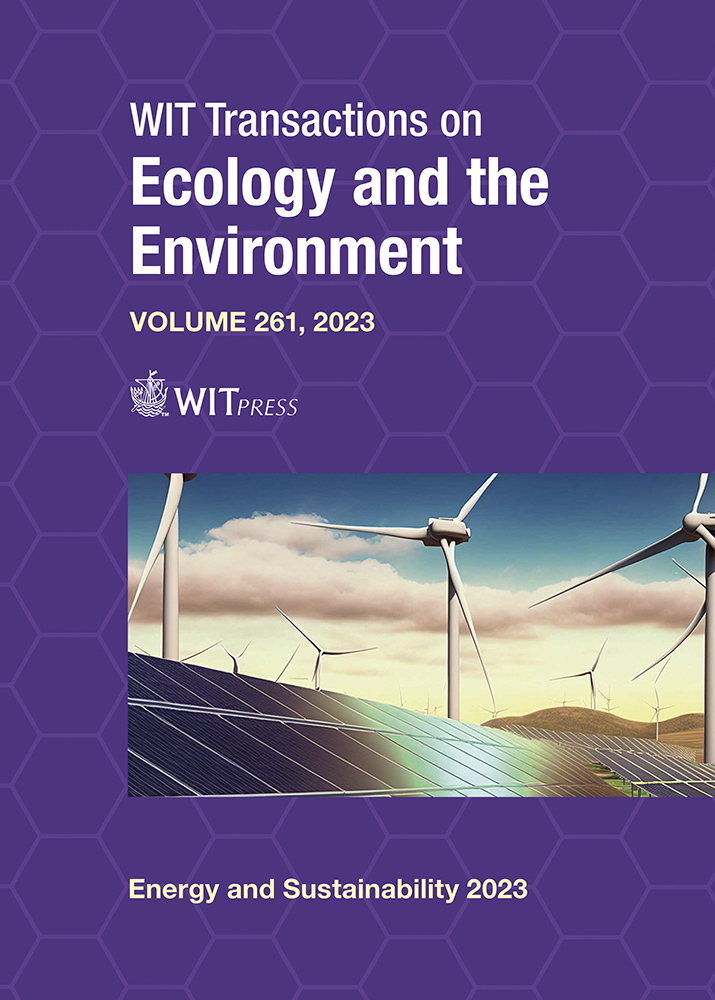DEVELOPING SIMULATION-BASED COURSEWORK FOR ENERGY SUSTAINABILITY MODELLING
Price
Free (open access)
Transaction
Volume
261
Pages
12
Page Range
281 - 292
Published
2023
Paper DOI
10.2495/ESUS230241
Copyright
Author(s)
NAVID GOUDARZI, OLAMIDE OPADOKUN, WENBING ZHAO, MUSTAFA USTA, XIONGYI LIU, QIN LIN, WEI ZHANG, HANZ RICHTER, YONG TAO
Abstract
The energy sector is the fastest-growing area in mechanical engineering, and it is optimal to prepare students for this growing niche of the job market. Modelling and simulation are increasingly used for system design in industry and research to finetune the design process and save on prototyping or testing costs. Correspondingly, energy modelling is an area of ever-growing relevance in the fields of mechanical and electrical engineering. However, there is a shortage of modelling and simulation programs in urban universities, which makes graduates of such schools less prepared for the energy job markets than their counterparts. To meet this need, a newly formed collaboration between the departments of Mechanical Engineering, Electrical Engineering and Computer Science, and Teacher Education at Cleveland State University is developing a graduate program concentrating in Modelling and Simulation in Sustainable Energy Systems (MS-SES) to better prepare students for increasing energy sustainability professional roles. Building information modelling is a topic of importance in the field of sustainability for future working professionals. Hence, one of the courses in this concentration will foster student learning by setting up and visualizing simulated energy models in buildings, using a combination of 3D modelling, fluid flow and temperature modelling, and virtual reality. This paper explores the design and learning outcomes of this educational project for students through a case study of a room in an office building with a heat source. The project-led learning plan is integrated with the fundamentals of modelling and simulation theory and data-driven modelling techniques such as machine learning. The results show promising integration of physics-based and data-driven models in support of education for energy sustainability in an extended range of domains from academia to industry.
Keywords
computational fluid dynamics, engineering education, energy sustainability, modelling and simulation, virtual reality





